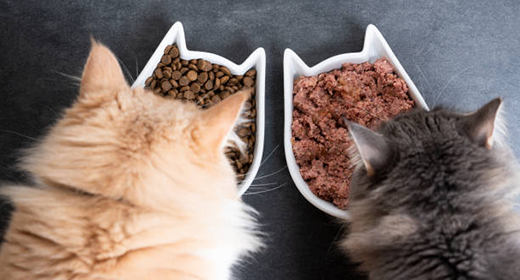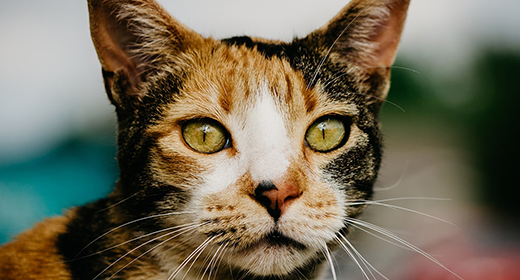

Chicken is a key ingredient in IAMS™ cat food. Its protein can help maintain healthy muscle structure, and it naturally provides each of the amino acids essential to carnivorous animals. And chicken adds great taste.
Another common chicken-based ingredient is natural chicken flavor, also called chicken digest. Natural chicken flavor adds palatability and nutrients. It is high-quality protein and fat material that has been reduced to amino and fatty acids to improve taste through an enzymatic process.
Internal organs are a rich source of protein, fats, and minerals, such as iron, that are essential to cat health and they add a taste that cats enjoy. Including some ground bone provides a good source of minerals, such as calcium. Some pet food manufacturers formulate their products without such ingredients to appeal to cat owners, rather than for the health of the cats themselves. However, the nutritional needs of cats are not the same as those of humans.
Dried (meal) chicken protein sources contained in our chicken-based cat foods, such as IAMS ProActive Health™ Healthy Adult - Chicken, undergo an extra refining process and contain each of the amino acids that are essential to cats.


Ethoxyquin is a synthetic antioxidant (artificially manufactured from other elements) that is approved for various uses. It is approved and regulated by the Food and Drug Administration (FDA) and the Association of American Feed Control Officials (AAFCO) for use as a preservative in animal feeds. Pet food manufacturers have been using ethoxyquin to prevent rancidity and maintain the nutritional quality of their products for more than 35 years.
Ethoxyquin remains stable at the high temperatures required to process pet foods during extrusion. It is important in protecting fats and oils from degrading, losing available calories, and becoming rancid.
Despite the fact that all studies conducted to date prove that ethoxyquin is safe for use in all animal foods when used at approved levels, rumors continue to circulate to the contrary.
Individuals who seek to discredit the use of ethoxyquin will often cite certain studies that showed toxic effects in animals fed ethoxyquin. What these individuals fail to point out is that the animals in these studies were given excessive amounts of ethoxyquin—20 to more than 50 times the maximum limit—before negative effects were exhibited.